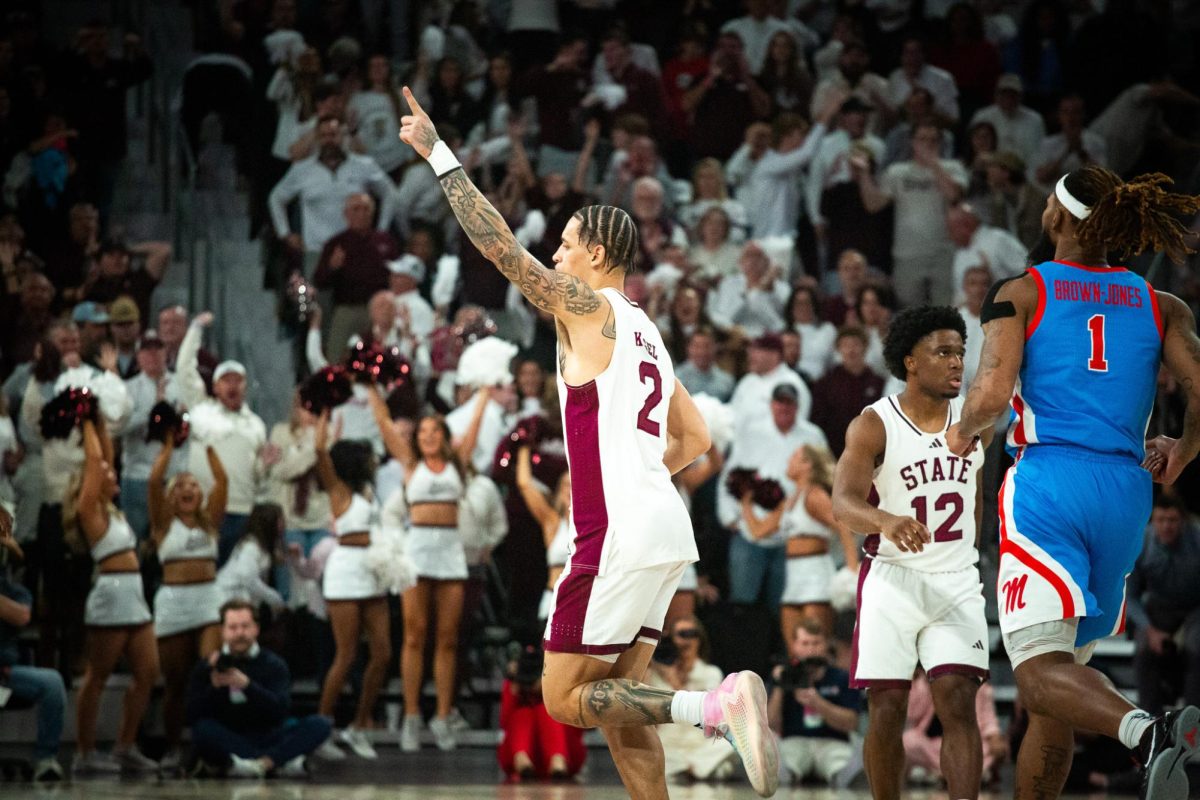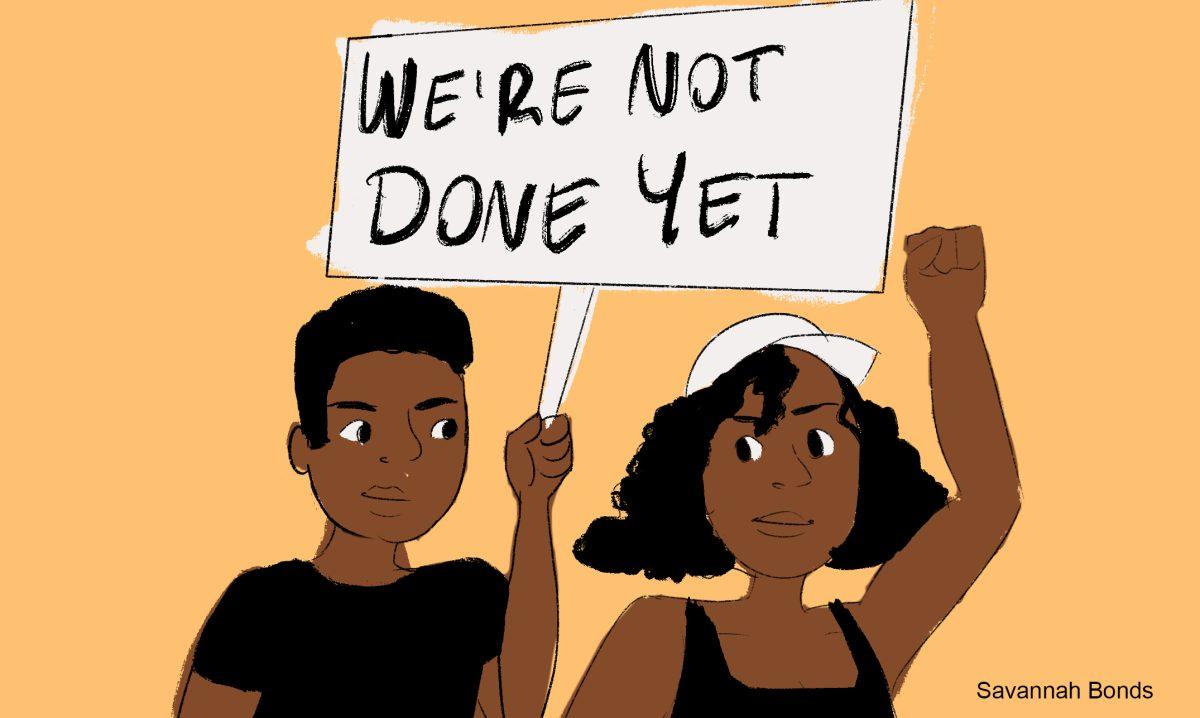From a very early age, Americans have been taught about the racial injustices committed against Black Americans since their country was formed. In weak attempts at equality, Americans have read small sections in history books and passively celebrated Black History month at schools, only for the same efforts to be swept under the rug in March.
Although Mississippi has seen big changes in the past 155 years, the state still has a ways to go. With 37.8% of Mississippi consisting of African Americans, their struggles are ubiquitous in the state.
Between the battle for equal education, proportional employment and prison reform, everyday life can feel like a battle for many Black Mississippians.
Although there is still a long way to go, Black Mississippians have been fighting for centuries to make Mississippi a more equal place for the next generation. But with the recent removal of the state flag and protests over the killings of unarmed Black men, Mississippi is moving in a new direction.
A large responsibility of obtaining social justice rests on the shoulders of Mississippi youth. High school and college students have stepped up to the plate and taken the reins from the generation before them to lead the fight.
Maisie Brown, an incoming freshman at North Carolina A&T State University and recent graduate of Murrah High School in Jackson, Mississippi, is a prime example of Mississippi’s youth fighting for justice.
Brown was the main organizer and youngest speaker for the Black Lives Matter protest in Jackson, Mississippi this past June. She received her start in middle school with an assignment to design a new state flag.
“At the time I did not know there was an issue with the current state flag that we had. So once I figured out that there was an issue with that flag, it led me to write an opinion piece that got published in the Jackson Free Press,” Brown said. “It was entitled ‘The Cloth on the Stick Represents Hatred Toward Me,’ and once that piece took up steam, it led to me being involved in a lot of different rallies, lots of events and speaking at the United States Capitol.”
A big goal Brown has for the Mississippi Legislature is addressing the lack of equitable education in Mississippi.
“Even though the state flag is down — that’s a great first step — but I don’t think that it should stop there. One of my main concerns … is the lack of equitable funding here in Mississippi. I’ve seen a lot of people ignore or see the differences in school, in districts that are majority white or majority Black and brown, but they kind of choose to ignore why those differences exist and why it is such a stark difference with school districts just within 10 miles of each other,” Brown said.
The lack of equitable education in Mississippi has been a problem since the early 1990s, with “wealthier districts” getting more support and more funding for their school. These wealthier districts depend on property taxes to determine how much money their schools will receive. By cutting themselves off from their needy neighbors, they can keep their property taxes at a consistent level and keep all of the resources for their own children’s schools.
The EdBuild’s Second Annual Report on Student Poverty details the percentage of children in school districts in the U.S. who fall below the poverty level. Percentages in Mississippi range from 12% to 54%, exposing the wealth gap between districts.
Donald Shaffer, the director of African American studies at Mississippi State University, attests to the positive changes Mississippi has made in recent years.
“I think race relations in the state have certainly changed for the better, and I think that is evidenced by the recent retiring of our old state flag and the really consolidated effort around putting a flag in place that is an appropriate symbol for all Mississippians … I think Mississippians are communicating with each other and speaking out about these issues, and I think that is demonstrated by some of the peaceful demonstrations that we saw here in Starkville and other places in the state,” Shaffer said.
Leading the way can be burdensome, especially for Black and brown students who have to experience these injustices on a day-to-day basis. However, despite the challenges, it is important to continue to work and get involved in fighting for social justice.
“I think the best advice I can give is where there are no opportunities available, to create one. The most empowering thing you can give an individual to do is to decide that he or she wants to bring about some sort of positive change and then they do that … There are always opportunities for you to create an opportunity,” Shaffer said.
Black Lives Matter Mississippi, an organization whose mission is to educate the people of Mississippi on topics such as financial literacy and voting education, is all about the empowerment of Black and brown communities.
Donald Bethley, the vice president of Black Lives Matter Mississippi, emphasized the importance of the younger generation in fighting social justice.
“It is very important for the younger generation to be active in social justice and the political field. I believe here in Mississippi, one of the things that is lacking in our Black and brown communities is that we are not entirely engaged in the political process or even the financial process. We are not fully educated on those things. I believe that the younger generation, for lack of a better term— they are woke,” Bethley said.
Although so much is riding on the younger generation in regards to handling the responsibility of fighting for social justice, it appears they have been equipped with great tools to succeed in the near future. Even though Mississippi has come a long way, Mississippians know the journey is not over.
















































































